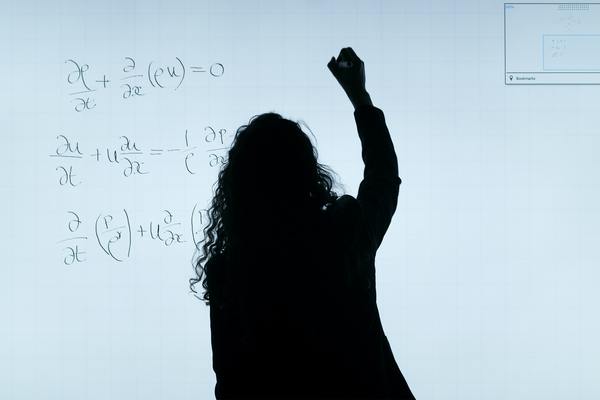Recently, due to the COVID-19 outbreak, the issue of the educational disparity has received new attention. As the number of school days has decreased and the distance classes have increased, concerns about learning deficit have developed and the earning gap because of the family background has widened. As the role of schools in buffering the differences of learning experiences according to home backgrounds has decreased there is a possibility that home backgrounds are some more likely to be reflected in students' academic results. In addition, the fact that a pandemic situation can happen again at any time, it is necessary to devise and implement a method to address the education gap.

A learning gap is a difference between what a student is expected to have learned in a certain grade level versus what he has actually learned up to a certain point. There are fundamental causes of the learning gap. The first reason is family background. From a sociological perspective, education is the way for hierarchical mobility. Therefore, parents should make an effort for their children's educational achievement. Educational resources that parents can invest in their children and parents' manpower resources can pile up with the better sociological and educational background. These can affect the students' educational achievement. According to a precedent experiment about the learning gap in different classes, most of the reasons why it occurs are the parents' educational support, the parents' educational support, the parents' expectation and attention, the student's educational aspirations, and the students' learning time and attitude in class. For instance, the parents' educational support, the student's educational aspirations, and the students' learning behavior are different from the family background, and they are connected to the differences of the academic achievement and in entering top school Another reason is because of school education. Some people say that school education will contribute to actualizing social equality by providing equal opportunities for learning to students. the opposite aspect argues that school educational expands and reproduces the learning gap between different social classes. In South Korea, for example, education policies with enhanced integration such as classes by level and high school diversification policies are an example.

Because of remote learning, learning losses happen like difficulties in understanding lessons. It can be explained that this is because there is a difference in parental support like private education and learning support depending on the family background. In the meantime, as schools that mitigated differences based on family background disappeared, the differences based on the family background are becoming more prominent. In addition, the differences were pointed out depending on the regional educational conditions and school types.
There are some solutions that we should practice to solve the problem. First, efforts to make a better class in the middle of the COVID-19 situation should be carried out. Efforts to accomplish individualized education should be done. We need to devise and carry out individualized education with a remote class. In the future, school classes should be operated in a form that properly mixes online and offline linked classes, interactive classes, and face-to-face instruction. Second, we need to teach self-directed learning abilities to students. In relation to the learning effects of distance learning, the importance of self-directed learning ability is being emphasized. In the context of face-to-face classes as well as distance classes, there is also a study result that says that self-directed learning time or participation in public education is more important than parental support or private education for academic achievement. Due to COVID-19, there is a high possibility that a greater learning deficit will occur, especially for students with poor home environments. Since these learning deficits can accumulate as one goes up to the upper grades and can have a greater impact on academic achievement, it is necessary to actively diagnose more and intervene in basic academic ability in the future.
다른 곳에 퍼가실 때는 아래 고유 링크 주소를 출처로 사용해주세요.


서울 가인초등학교 5학년